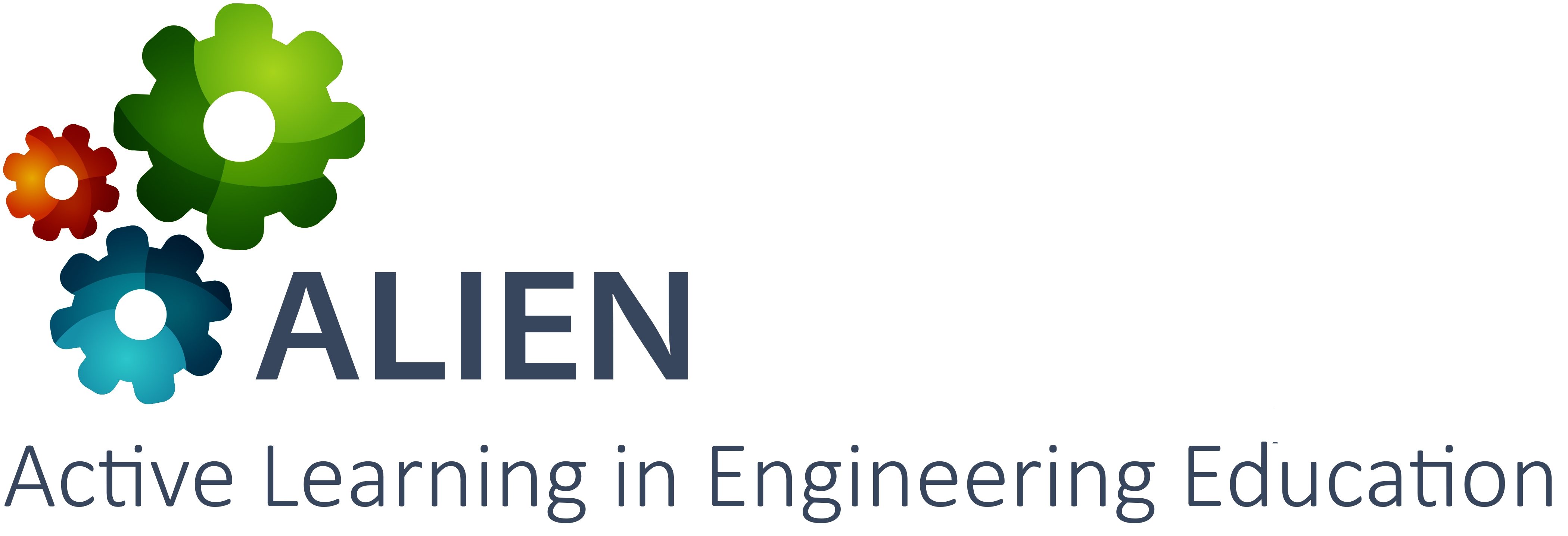Course overview
Faculty of Computer Science and Information Technology (FCSIT), University of Malaya often receives a group of international students to participate in their short-term mobility student exchange program. In 2019, the program has included a module that incorporates active learning methods to learn programming concepts using the Tello EDU drones. The module has taken the gamification & simulation approach to learn the control flow concept in programming. The programming languages used for this module are Python and DroneBlocks. Each module session will take 4 – 6 hours to complete.
Participants in piloting
The module is for a minimum of undergraduate, first year, computer science and engineering in year 2019 students to learn the control flow concept in programming language. The module has been delivered to the following set of inbound mobility students:
- University of Cardiff, United Kingdom
- No of students: 12
- Background: Undergraduate and Postgraduate Computer Science students
- University of Lanzhou, China
- No of students: 30
- Background: Undergraduate Computer Science Students
- Telkom University, Bandung, Indonesia
- No of students: 15
- Background: Undergraduate Computer Science and Engineering students
Timeframe
Fall 2019.
Use of ALIEN services and tools
The goal of this module is to learn and understand the concept of control flow in programming by implementing them into a programmable drone to be simulated. Then, they will have to apply what they have learn in the final mission while competing with other teams.
Module session plan:
- The student will do a pre-test where the student will be asked several questions related to control flow concepts.
- Introduction to control flow, notation for representing control flow, basic programming notation (Python or DroneBlocks) that corresponds to the control flow and introduction to the Tello EDU programmable drone.
- Demonstration of flights implementing the control flow concepts.
- Student activity:
- Students are grouped in a team (unit) of 4-5 people.
- Each team is given a drone and writable surface to use.
- Each student in the team will be given a role to play. This is mainly to enforce safety during flight:
> Pilot – launching the mission
> Co-pilot – positioned the drone
> Control Tower – request for take-off
> Engineer – charge battery when battery reaches 60% (or after every mission)
> Safety officer – make sure flight area is clear
-
- They are then given a series of short flight missions, where they are required to implement and simulate each control flow concept by programming using Python (University of Cardiff and Lanzhou University) and DroneBlocks (Telkom University) in to the Tello EDU drone.
5. Student challenge/competition.
- After they have completed the student activity, they are given a special flight mission for them to implement using the control flow concept.
- The mission is either a time-based or creativity-based challenge.
6. The student will do a post-test where the students are asked the same set of questions as the pre-test.
7. The student will answer reflective questions regarding the concept learned.









